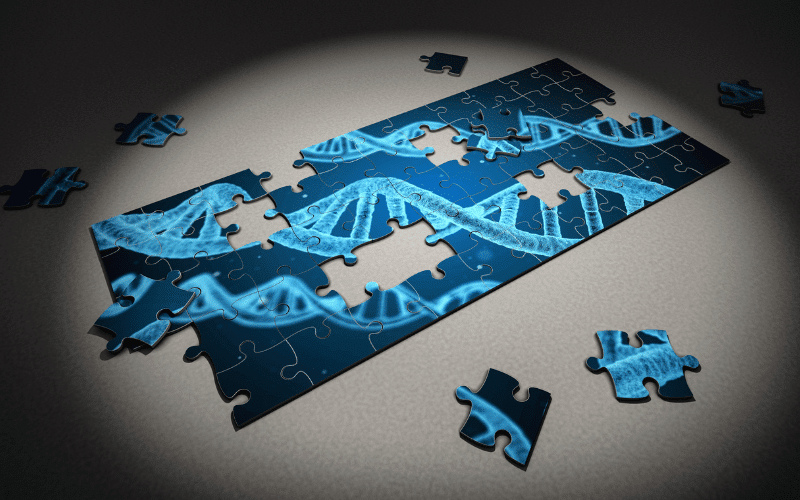Introduction: A Closer Look at Ulcerative Colitis

Ulcerative colitis (UC) is a complex condition characterized by persistent inflammation and the formation of ulcers in the innermost lining of the colon and rectum. The widespread prevalence and significant impact of UC on individuals’ daily lives makes it a major concern in the global healthcare landscape.
This persistent inflammation and ulceration lead to symptoms such as abdominal pain, diarrhea, rectal bleeding, fatigue, and weight loss. These symptoms are not only physically debilitating but also have significant psychological and emotional impacts on those suffering from the disease. Understanding the causes of this condition is, therefore, of utmost importance in managing and treating it effectively.
However, it’s crucial to note that these factors do not act in isolation. They interact in complex ways, with each factor potentially influencing the others, contributing to the development and progression of UC. Despite extensive research, the precise cause of ulcerative colitis remains unknown, which underlines the complexity of this condition.
In the subsequent sections, we will delve deeper into the top 10 causes of ulcerative colitis. Each of these aspects contributes to the disease in its unique way and understanding them can provide valuable insights into the condition. They are provides a piece of the puzzle, helping us understand this complex condition better.
Cause 1: The Genetic Connection: The Role of Heredity in Ulcerative Colitis

The first major cause of ulcerative colitis that we need to address is genetic predisposition. It’s evident that genetics play a pivotal role in the development of UC, as the condition often tends to run in families.
Scientific studies have identified over 200 genes that are more common in individuals with UC. These genes are linked to various aspects of the immune response and the functioning of the gut barrier, among other things. Having these genes can increase an individual’s susceptibility to developing UC.
However, not everyone who carries these genes develops the condition. This suggests that while genetic predisposition is an important factor, it’s not the sole determinant of UC. Other factors, such as environmental influences and lifestyle choices, also come into play. (1)